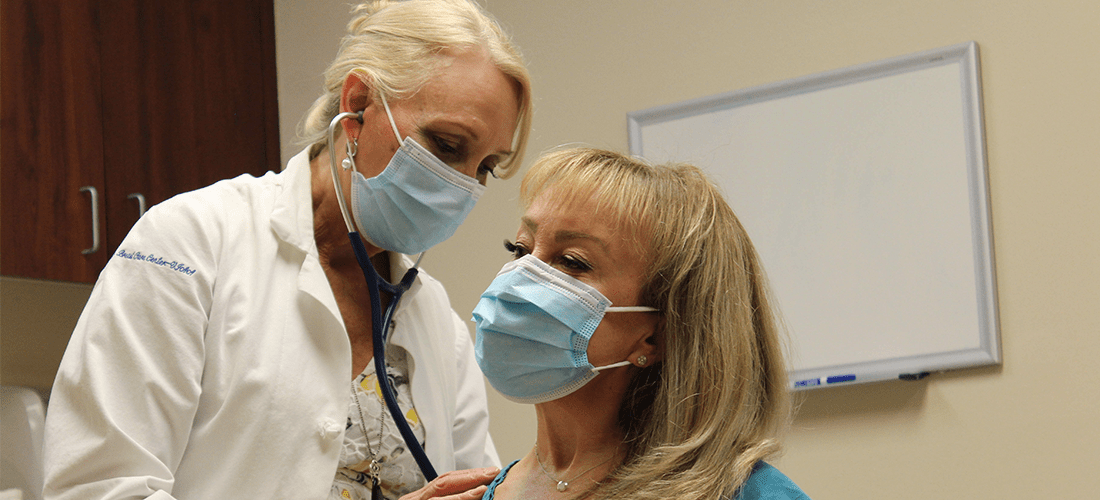We embrace Patient and Family-Centered Care core concepts. They help guide us to provide the best care to you and your loved ones:
Dignity and Respect. We will listen to and honor patient and family perspectives and choices. Patient and family knowledge, values, beliefs, and cultural backgrounds are incorporated into the planning and delivery of care.
Information Sharing. We will communicate and share complete and unbiased information with patients and families. Patients and families receive timely, complete, and accurate information in order to effectively participate in care and decision-making.
Participation. We will support and encourage patients and families in participating in care and decision-making at the level they choose.
Collaboration. Patients, families, health care practitioners, and health care leaders collaborate in policy and program development, implementation, and evaluation; in facility design; in professional education; and in research; as well as in the delivery of care.
